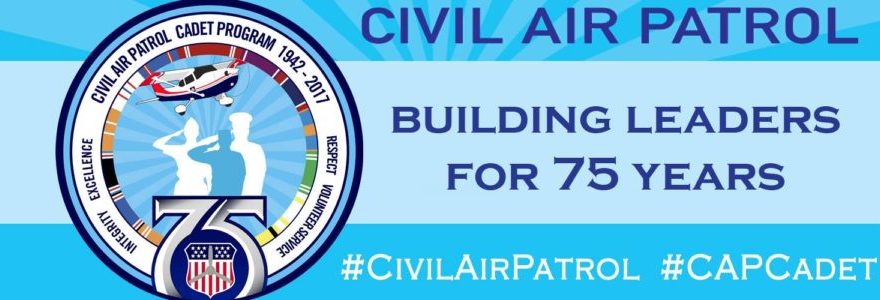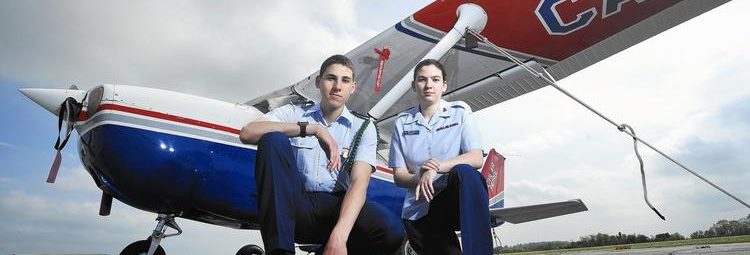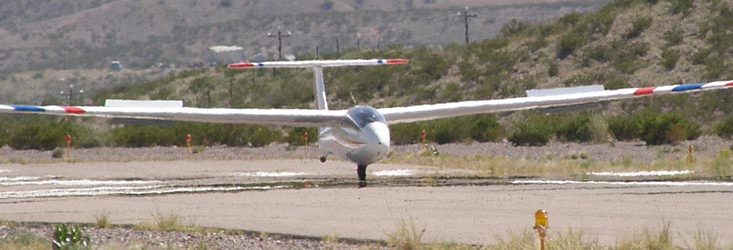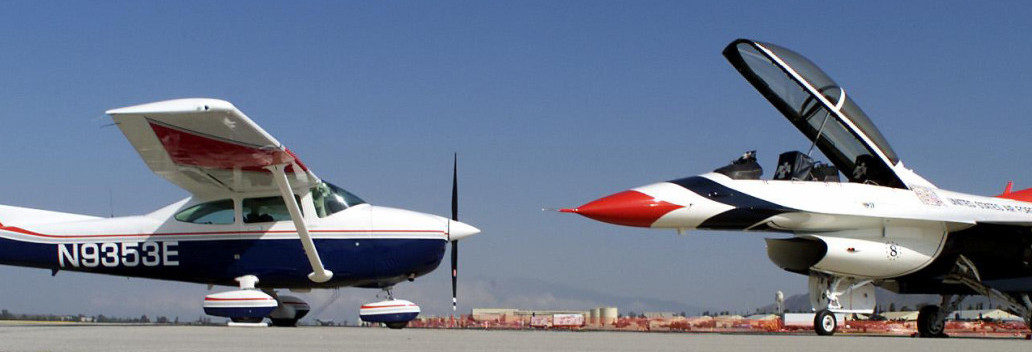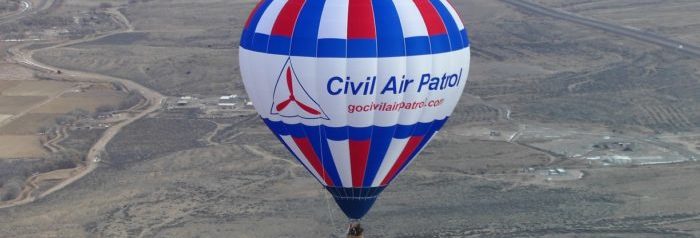Frequently Asked Questions
WHAT IS A CADET ENCAMPMENT?
Encampment is an introduction and exposure to the military way
WHO SHOULD ATTEND AN ENCAMPMENT?
Most cadets, who are current members of CAP and who have
WHAT ARE THE ELIGIBILITY REQUIREMENTS FOR ENCAMPMENT ATTENDANCE
- Current CAP Membership valid throughout the encampment
- Cadets must complete their first achievement (Curry Award) before applying for
encampment . The Curry Achievement completion must be documented in eServices. Contact your squadron Commander if you have questions about this requirement. Coordinate with the squadron to develop a plan to complete this achievement. - Cadets must meet weight and grooming standards at the beginning of and throughout
encampment . - Must have a complete short sleeve service dress uniform and complete utility uniform (ABU)
WHY SHOULD A CADET ATTEND AN ENCAMPMENT?
- It is a requirement to achieve the Billy Mitchell Award and the promotion to the cadet officer ranks
- It is required prior to participation in most National and Wing-sponsored special activities
- It provides an outstanding leadership and training forum for new cadets and cadet staff members.
- It provides an opportunity to meet cadets from other squadrons and begin lasting friendships
- It provides an opportunity for cadets to learn about the military and to live in a military environment
- Studies show that encampment attendance during the first year of membership increases retention in CAP. Cadets attending encampment are much more likely to renew membership after the first year.
- Encampment graduation provides an opportunity for cadets to become staff members at subsequent encampments and many other activities
ARE THERE ADDITIONAL SOURCES OF INFORMATION ABOUT ENCAMPMENTS?
Yes. CAP Regulation 60-1, Chapter 9, governs CAP Encampments. Cadets and seniors who have attended previous encampments are a great source of information as well. Your cadet’s Squadron Commander is also an excellent resource for encampment information. Additionally, an Encampment Guide and Handbook (CAPP 60-70 and CAPP 60-71) are great resources for encampment information.
WHAT TYPE OF HOUSING AND DINING FACILITIES ARE USED?
We will be utilizing a forward operating base concept. which will consist of tents and cots for lodging purposes. Meals, for the majority of the event, will be conducted at the Thunderbird dining facility.
MY SON/DAUGHTER HAS NEVER BEEN AWAY FROM HOME BEFORE. IS THIS A PROBLEM?
Normally, this is not a problem. However, cadets away from home
Encampment is not a typical summer camp. The staff conducts encampment in a military manner; it is fast-paced with little free time. Encampments operate at a higher level of intensity in respect to the military aspects of cadet life than virtually any other cadet activity, short of some of the premiere National Cadet Special Activities. The strictness, rigor, sense of urgency, and overall expectations of
Very Important: Please do not set up any regular communication plan with your cadet. Cadets will not have cell phones with them (cell phones are on the prohibited items list) and parental contact can disrupt the schedule for the cadet and staff. For the same reason, please do not telephone your cadet at
Contact numbers for encampment will be provided when you receive the arrival and in-processing instructions a few weeks before encampment and will be posted on the encampment website.
Don’t be surprised if you do not get a phone call from your cadet during encampment. Please DO NOT ask them to promise to call home. They simply do not have time and they usually want to maintain appearances with their peers. However, any cadet who has a need to contact parents may do so by coordinating with the Chaplain or their FTO.
Extremely Important: While cadets are attending encampment, parents should not leave home for any extended period, such as a vacation, unless they designate a family member or friend who will pick up their cadet in case of an emergency This alternate emergency contact information must be included with encampment application paperwork.
HOW SHOULD A CADET PREPARE FOR ENCAMPMENT?
Encampment is not a military basic training/boot camp; however, the environment is intense. Although the focus is beginner level cadet training, some training is required at the cadet’s home squadron before arrival to ensure that the cadet understands the concepts of CAP customs and courtesies, CAP drill, and proper uniform wear. Encampment should not be a cadet’s first exposure to these subjects. The cadet’s home squadron commander has responsibility for ensuring that this training is accomplished and the cadet is ready for encampment.
At Encampment, physical conditioning is very important. Each day begins early, with opening formation and a physical fitness routine. All cadets participate in team sports throughout the encampment week. Although a cadet does not have to be in peak physical condition to attend encampment, a regular exercise program, to include running, will help them to prepare. Cadets will be running almost every day.
Compliance with uniform regulations is extremely important. The U.S. Air Force prescribes the policy for uniform wear for cadet blues uniforms and the Airman Battle dress Uniform (ABU).
Regulations require exact placement of all insignia, patches, and accessories. Please see CAPM 39-1, CAP Uniform Manual, for information. If there are questions about this, contact your home squadron personnel. If cadets arrive at encampment with patches improperly sewn, they are responsible for correcting the error. This is not encampment staff’s job. Please ensure that uniforms are correct prior to arrival or be certain that your cadet knows how to sew. They will have to fix any problems.
Uniform shoes and boots must fit properly and must be broken-in before encampment! Each year, blisters are the most common injury at encampment. Most are preventable by wearing properly fitted boots and shoes that are “broken-in”.
HOW ARE MEDICATIONS AND MEDICAL ISSUES HANDLED AT ENCAMPMENT?
All information about medications and pre-existing medical conditions must be disclosed during the application process. After applications are submitted, any changes to medical conditions that might restrict a cadet’s full participation during encampment must be communicated to encampment staff, in advance, to determine if any special accommodations can be made. Some illnesses or medical conditions may restrict a cadet from participating in certain events due the physical nature of the activity.
By CAP Regulations, medical care within CAP is limited to emergency care, only (i.e., first aid and stabilization) within the training and qualifications of the person rendering such care, until such time that private professional or authorized military care can be obtained. Encampment health service staff’s level of training is often limited to basic First Aid and CPR. Encampment staff will only treat minor cuts, scrapes, blisters, bruises, and mild cases of dehydration to the limits of their training. This is similar to medical care that might be conducted in the home.
Medical emergencies will be handled by 911 calls and, if necessary, transport to appropriate medical facilities. In these situations, parents/guardians will be contacted as soon as possible using the emergency contact information that is submitted during the application process.
In cases where an injury or illness is not an emergency but encampment staff decides that the cadet should be seen by a physician as a precaution, encampment staff will contact parents/guardians as soon as possible and advise them of the situation and discuss options. Options will include transport to an Emergency Room by CAP personnel or pick-up by parents and subsequent treatment. Depending on the nature and severity of an illness/injury, dismissal from encampment is possible.W
Important! Complete an inventory of all required items immediately prior to departing for encampment.
ENCAMPMENT CHECK IN PROCESS Do not drop off minor cadets at encampment to check-in alone. Parent(s) or Guardian(s) or another responsible adult must remain with the cadets during drop-off and in-processing. This will allow last minute problems with application paperwork and/or medication or medical issues to be resolved with parental assistance. Instances have occurred where cadets have arrived at encampment and have been turned away because of incomplete application paperwork.
Prior to your departure there will be a parent briefing which will provide an outline of scheduled activities, as well as serve as a question and answer session. During this time the students will be going through their in-processing phase. During In-Processing paperwork will be verified as complete. Their baggage will also undergo a contraband check. Contraband is defined as any item not included on the packing list, unless special arrangements have been made. Any item removed during this phase will be returned to you prior to your departure.
Haircuts and hairstyles will be inspected prior to check-in. Haircuts and hairstyles must meet CAP grooming standards throughout
The last stop to occur during In-Processing will be to present the honor code, in regards to encampment, to all the students. Once this is complete, and agreed to, this will be the time for your departure.
FINAL THOUGHTS FOR PARENTS.
Please, make every possible effort to attend the end of encampment graduation ceremony and parade. Encampment is an intense, but very rewarding experience for cadets. Encampment graduates become better cadets. They are proud of what they accomplished.
This sense of pride develops as the week progresses and as they begin to look forward to participation in the graduation parade. Parents will see this display of pride when attending graduation. You will immediately see it in their attitude. Please make every effort to attend the graduation. Bring your camera!


